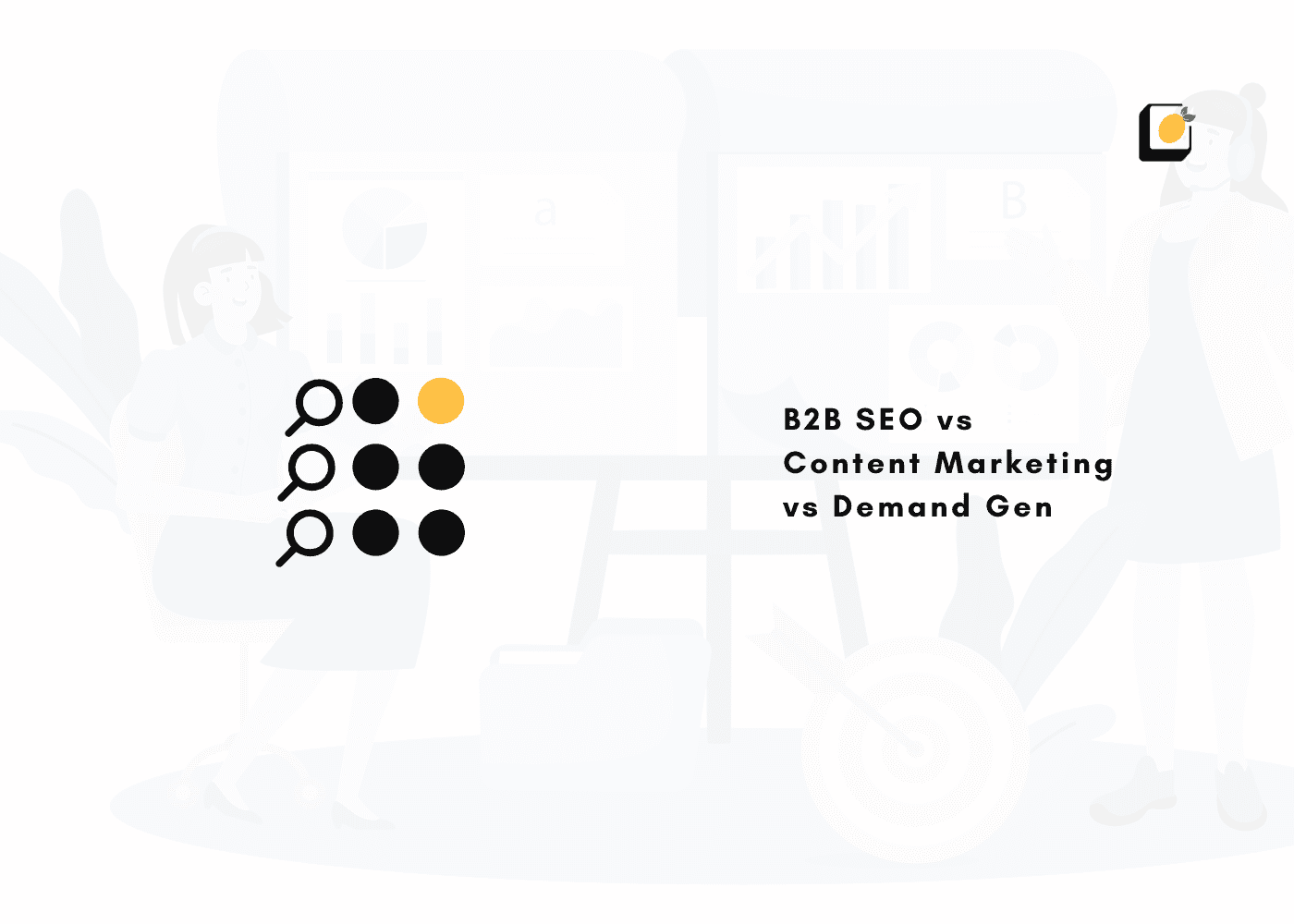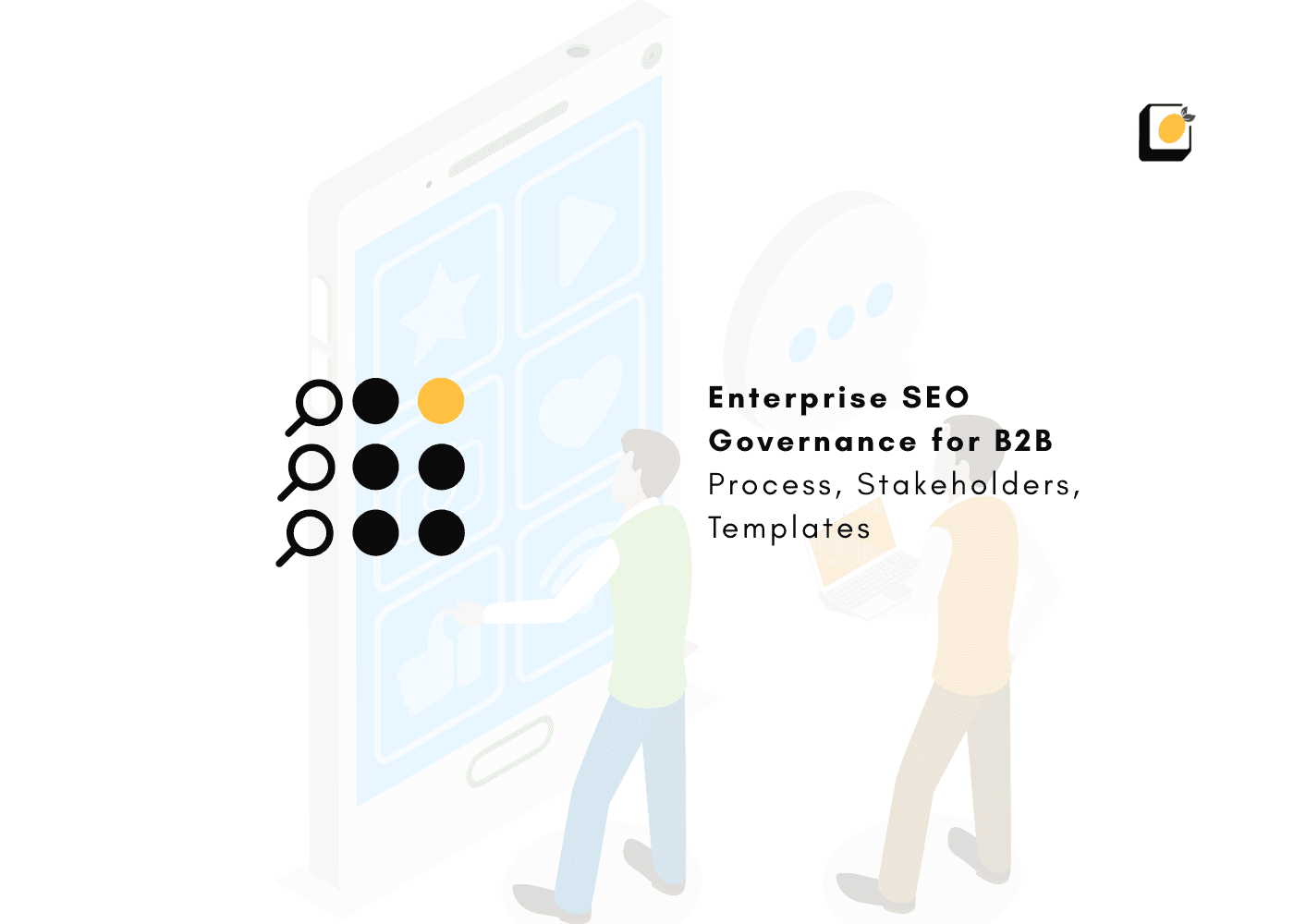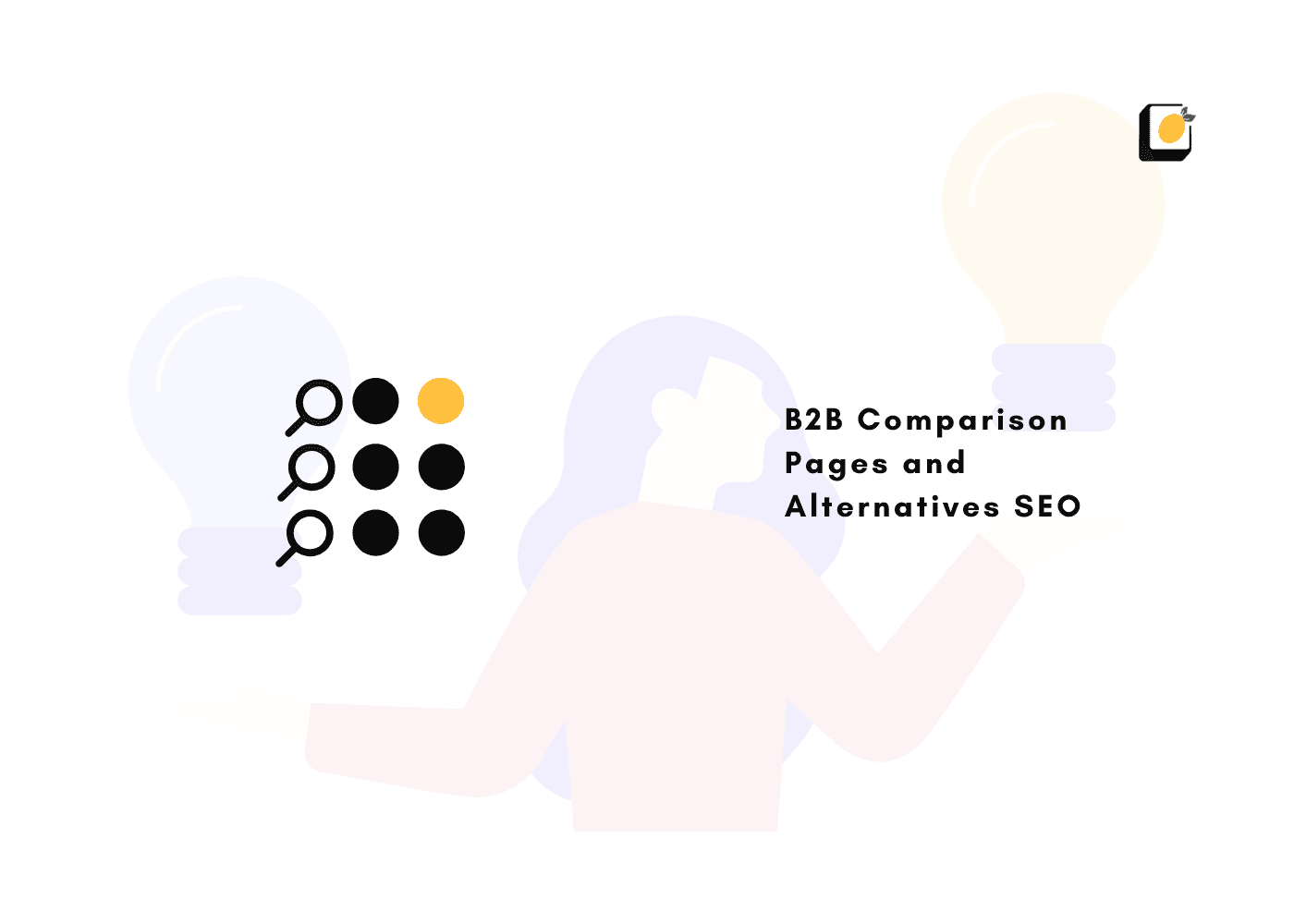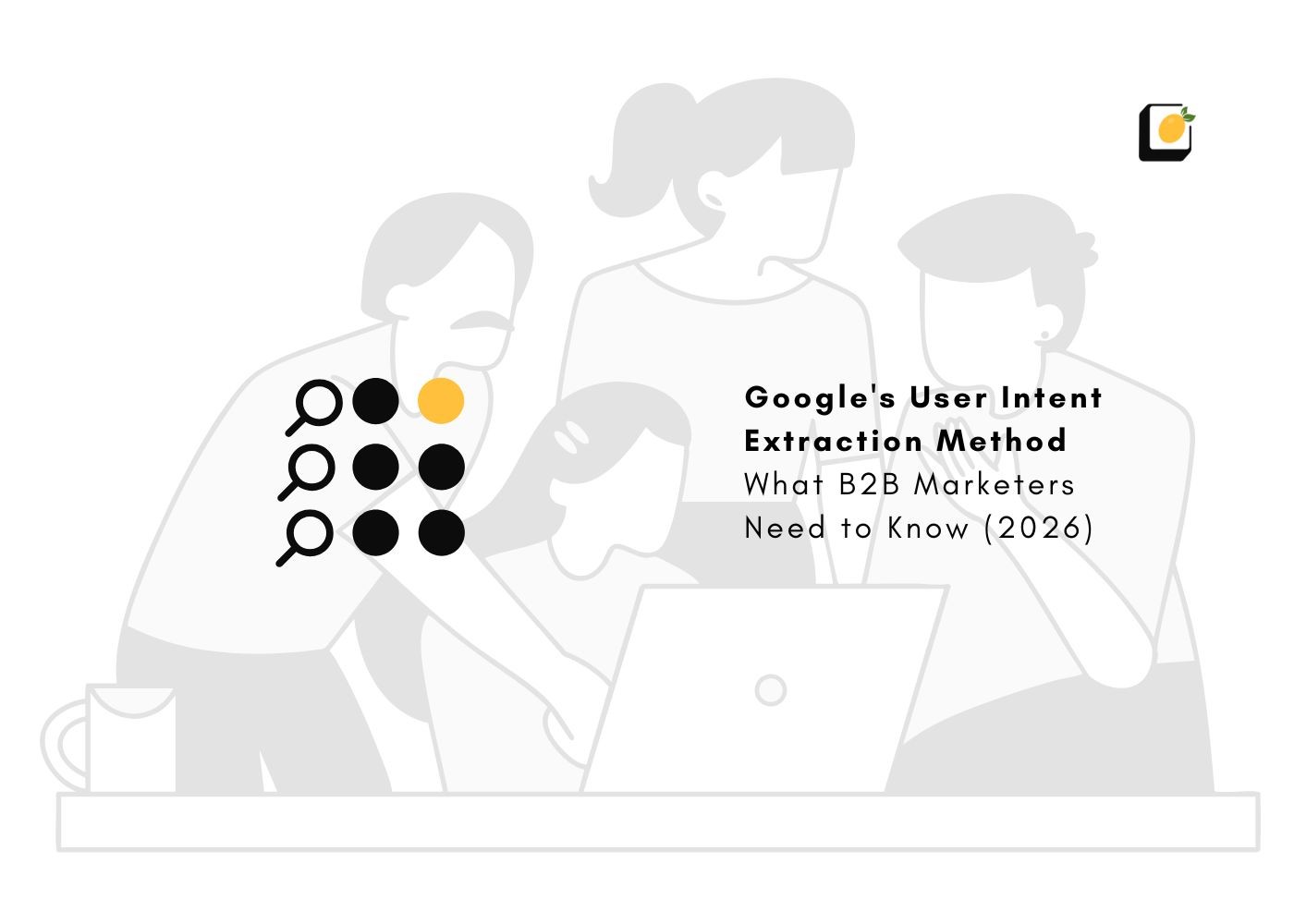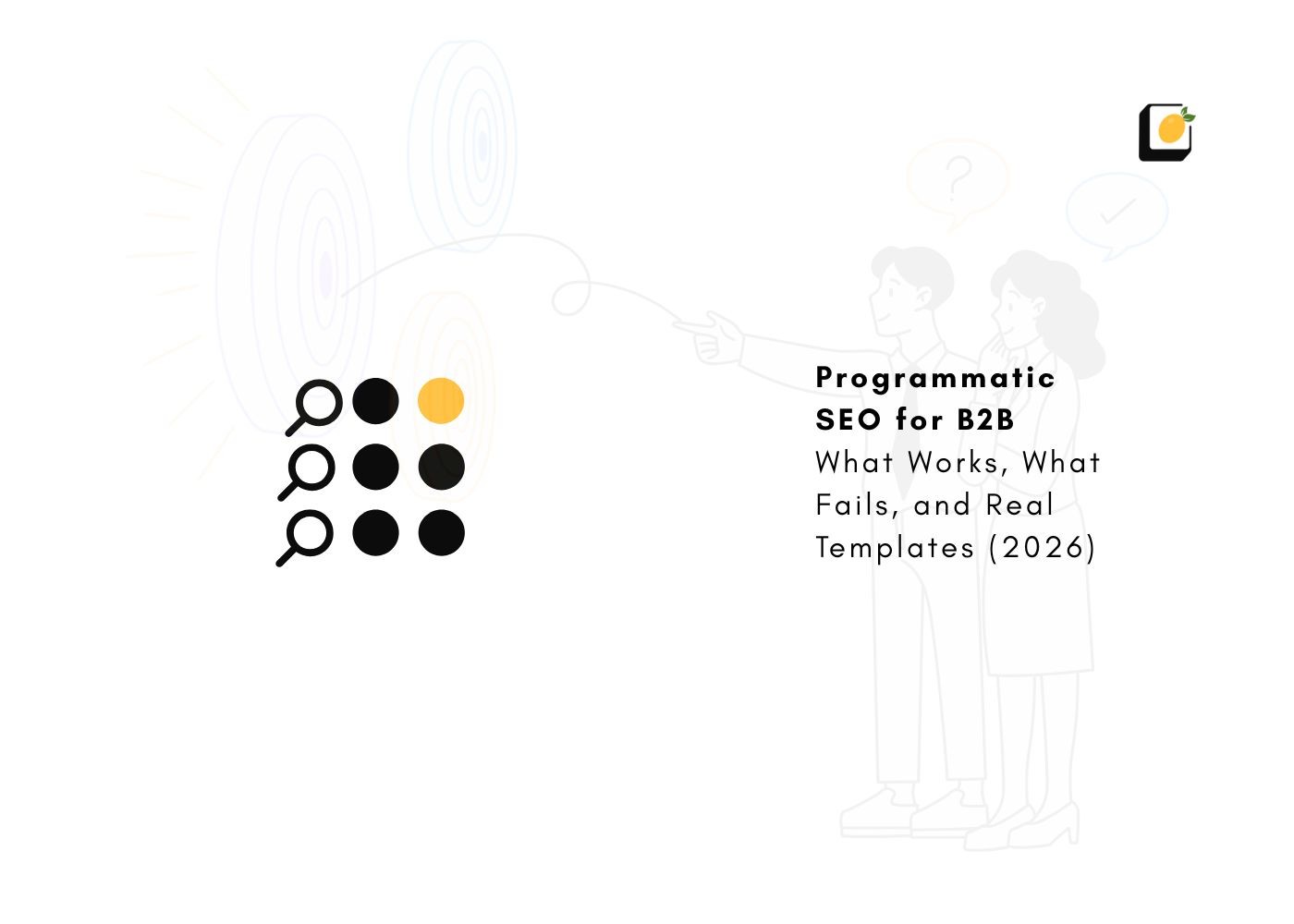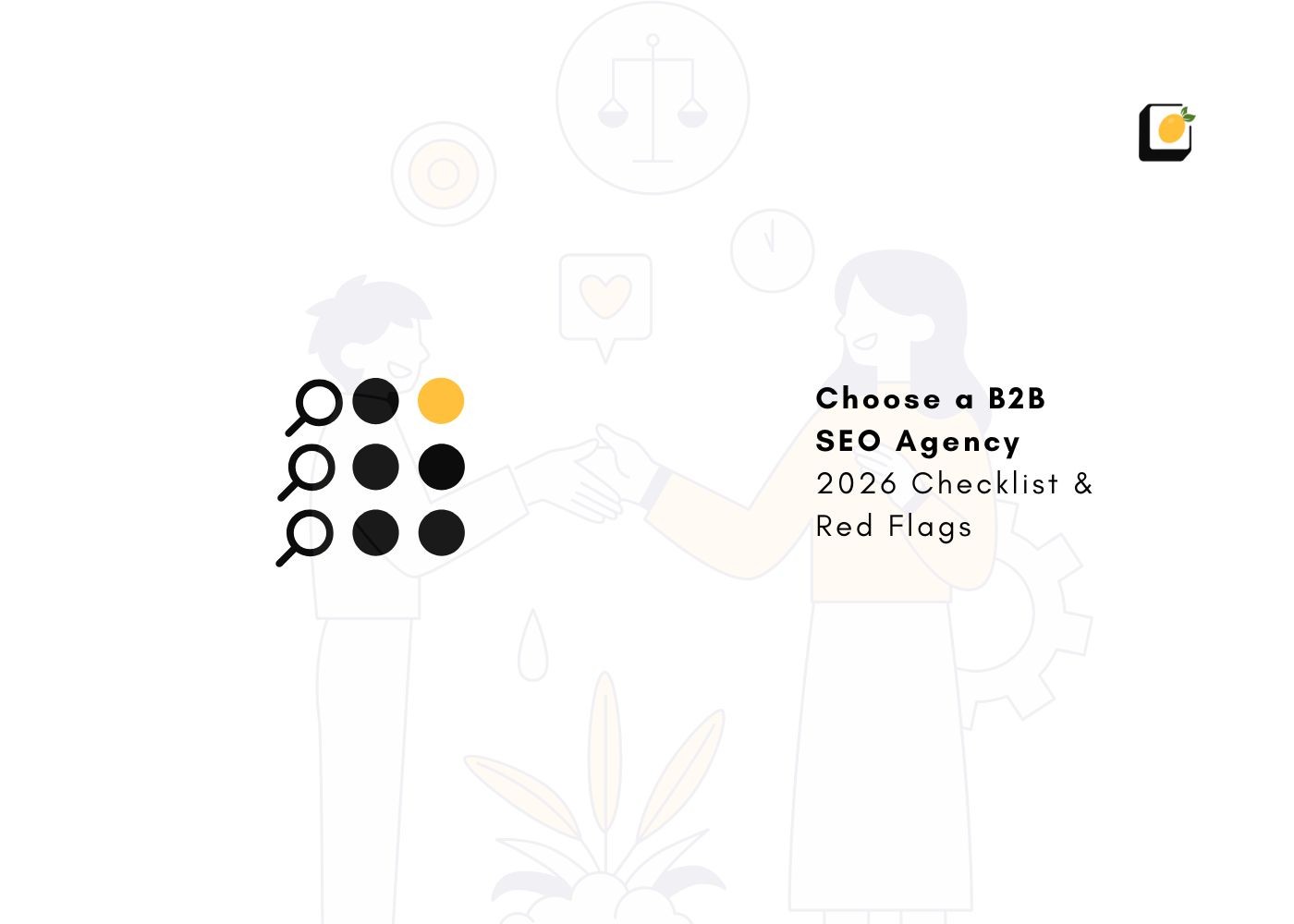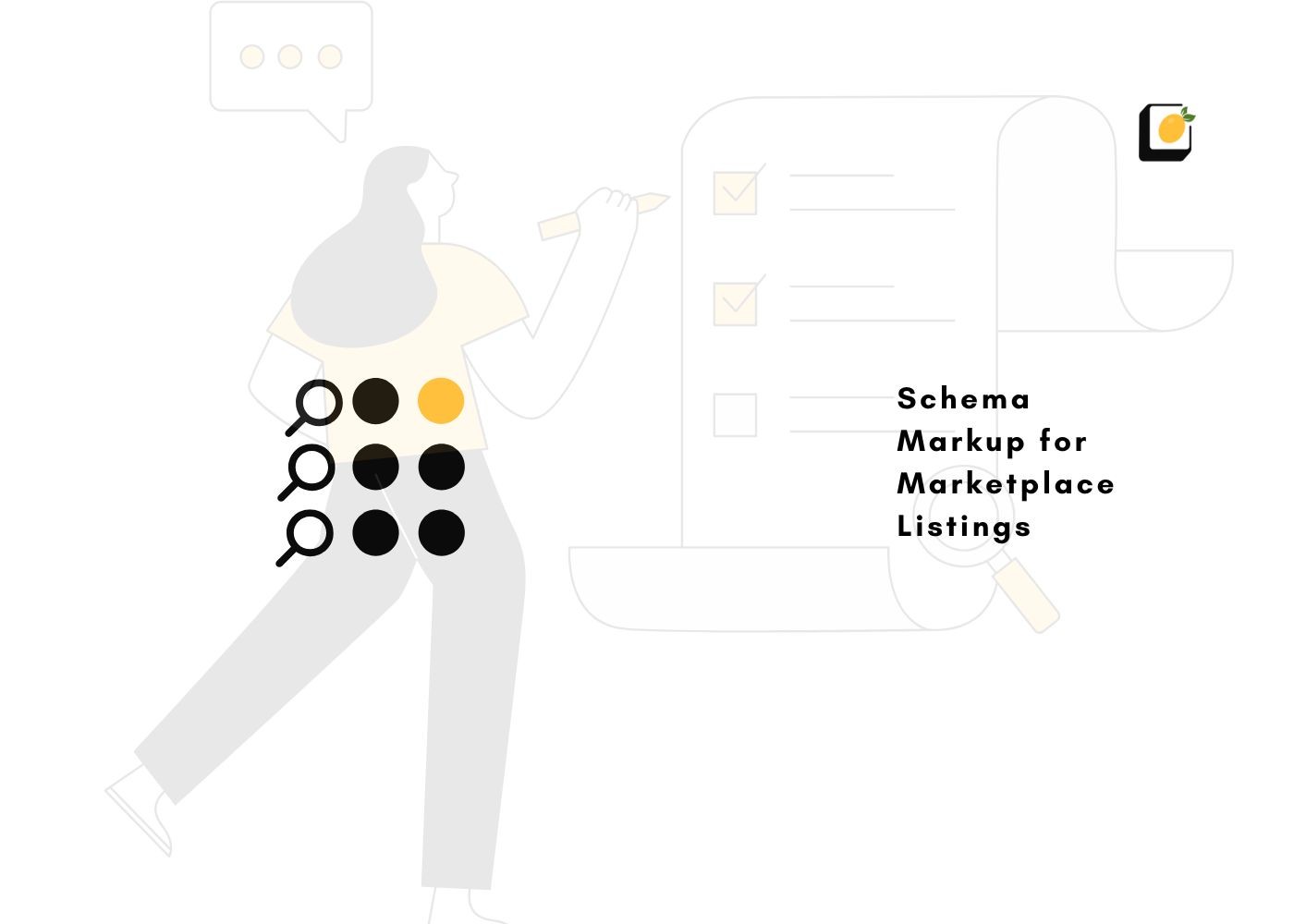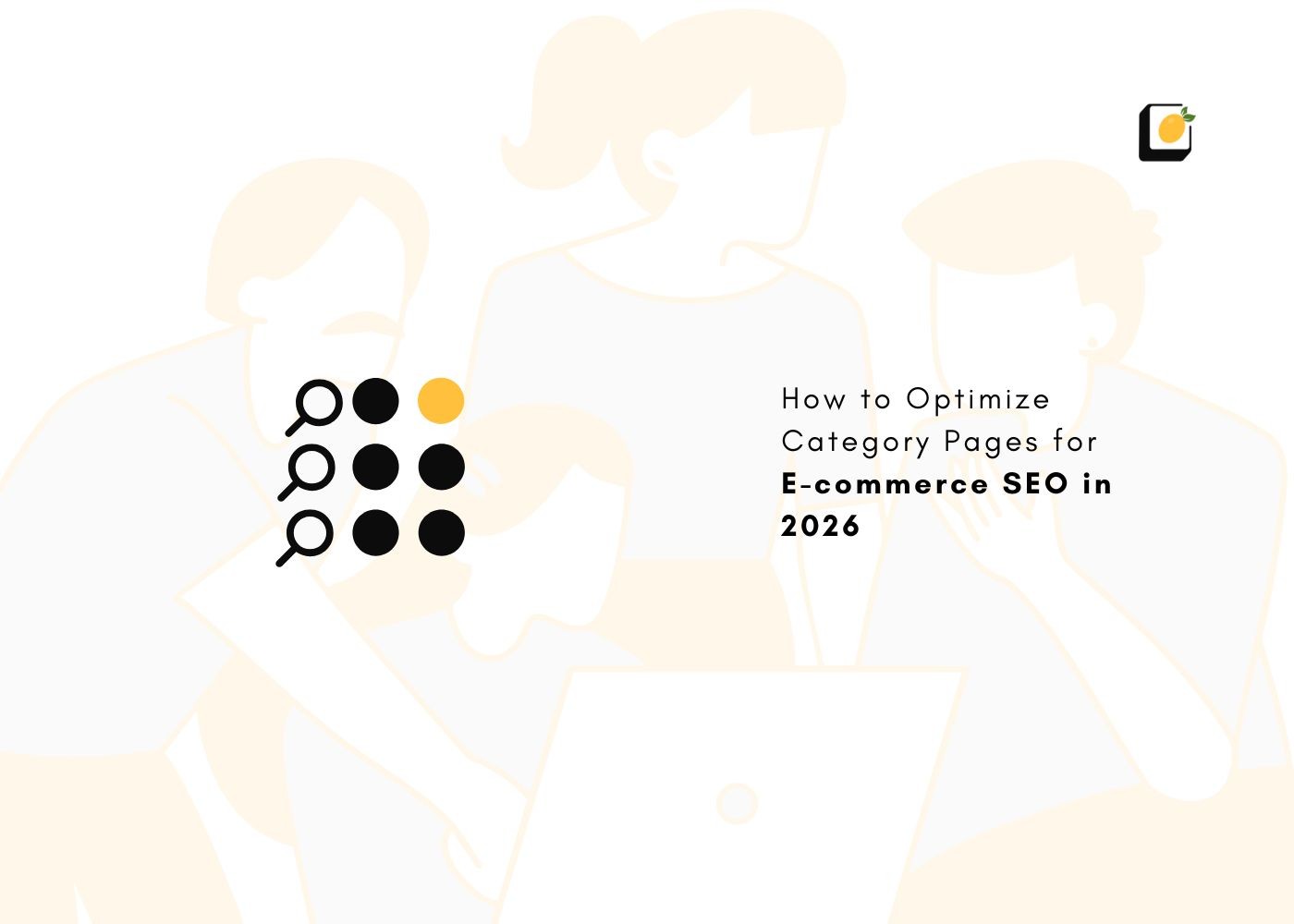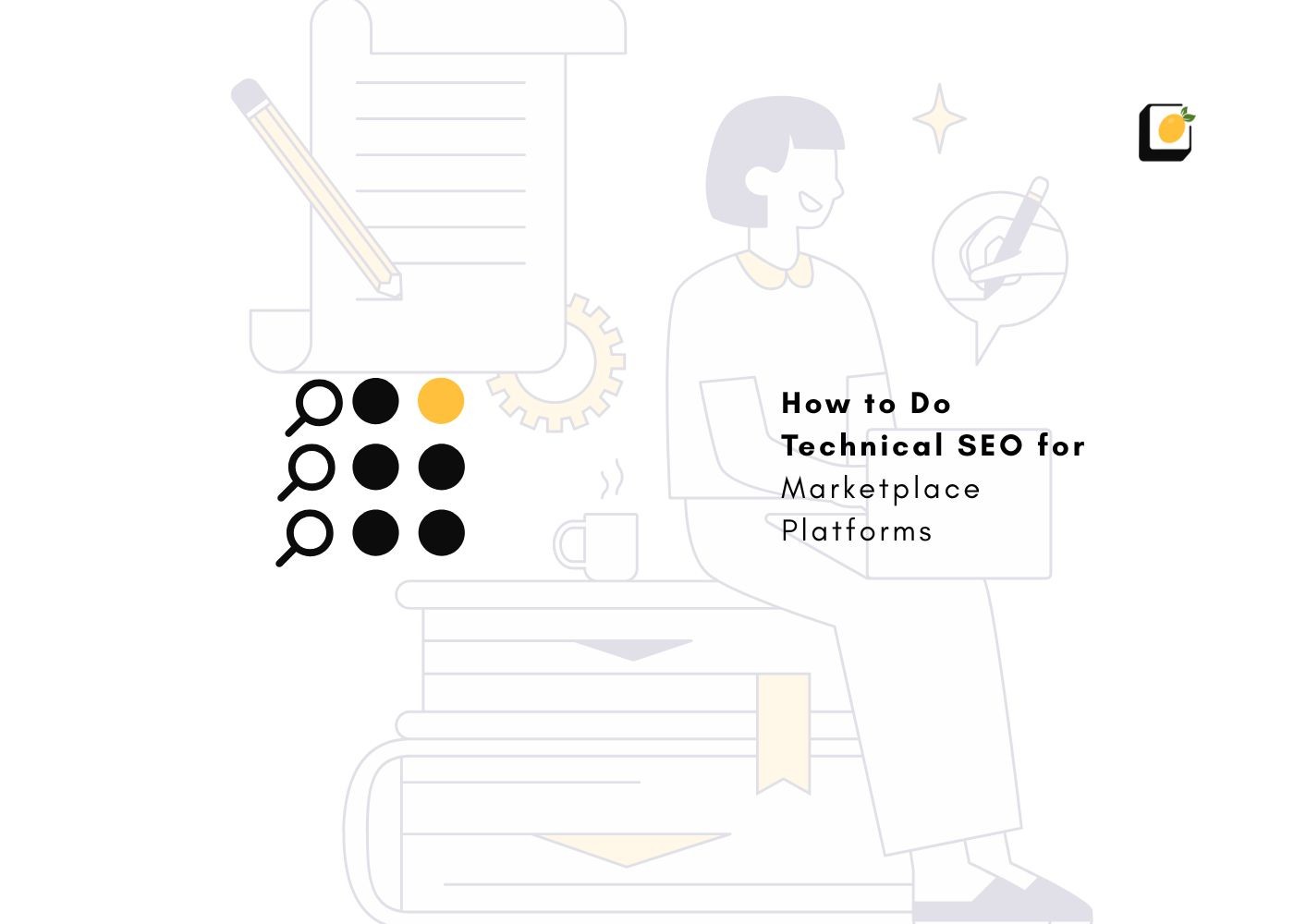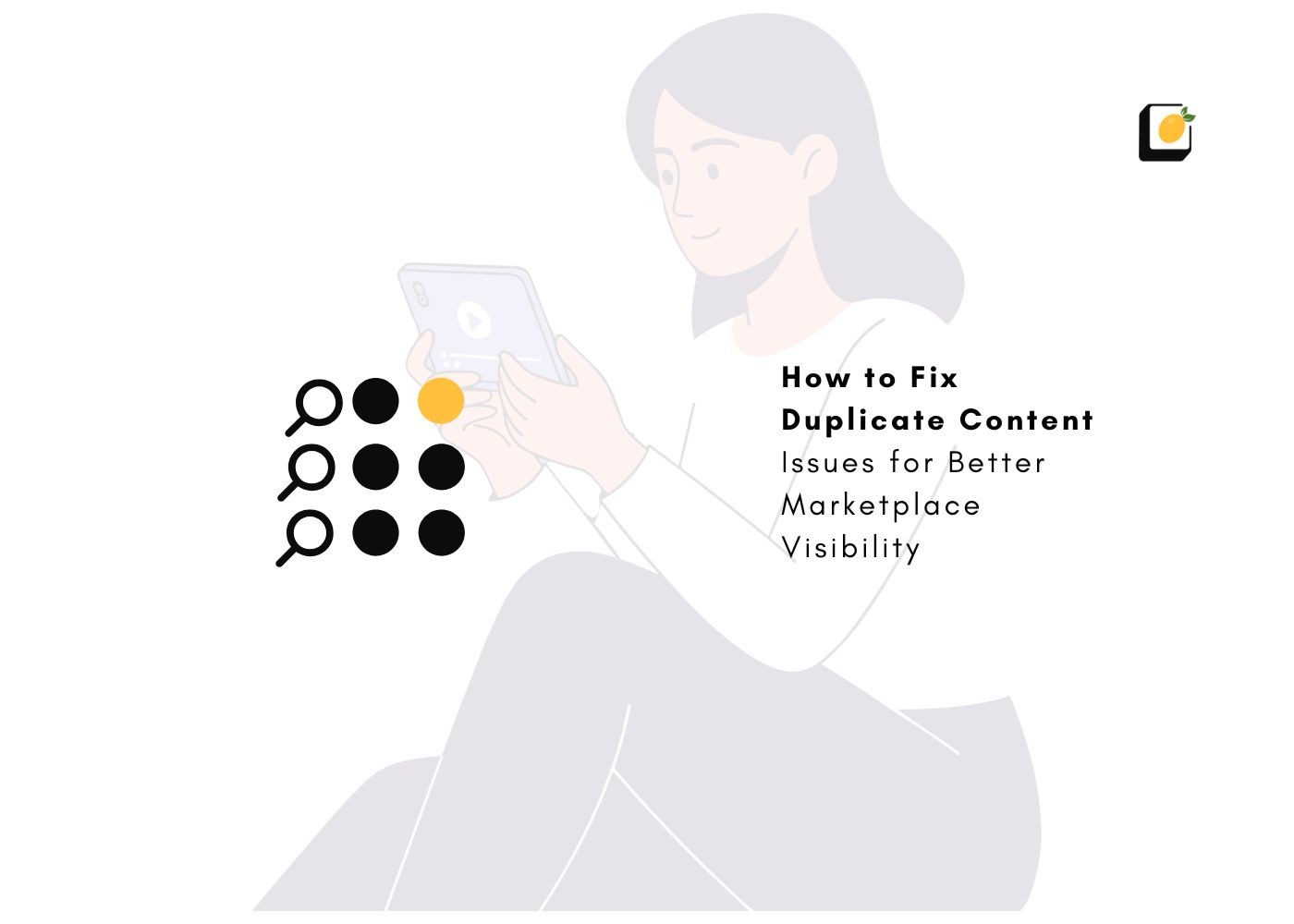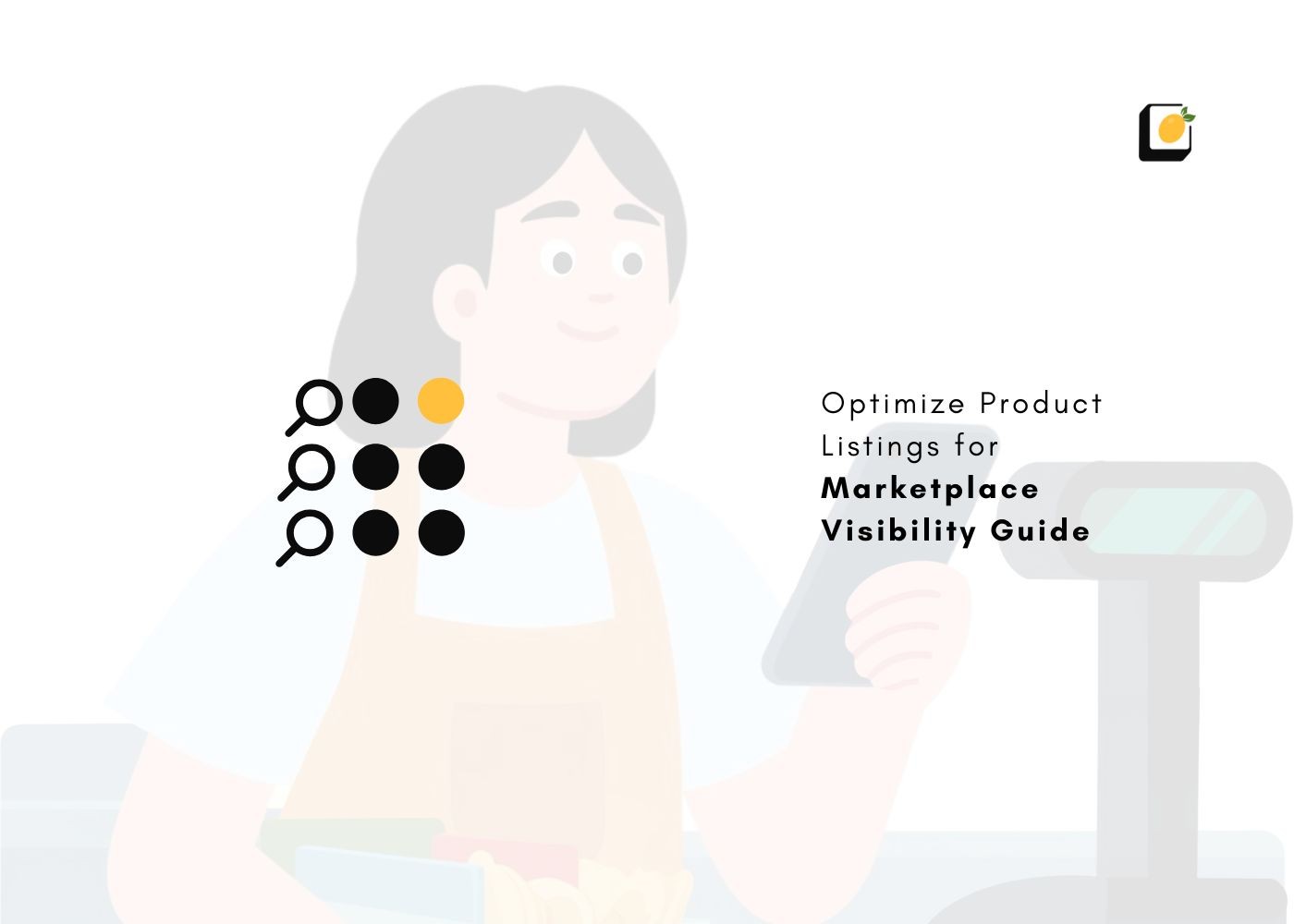The Top 5 SEO Mistakes SaaS Companies Make and How to Fix Them
June 16, 2025
Join 500+ brands growing with Passionfruit!
SaaS companies often pour heart and soul into product development, but when it comes to SaaS SEO, some common missteps can hold back growth and visibility. In fact, recent studies show that 66% of B2B buyers rely on search engines to find solutions before buying a product, making SaaS SEO strategy essential for any company aiming to capture market share. Despite this, many SaaS brands make avoidable errors—ignoring keywords, overlooking technical SEO, or focusing too much on features instead of solving customer pain points. This article uncovers the top five SaaS SEO mistakes and offers practical, actionable fixes to help your SaaS business shine in search results.
1. Ignoring Keywords Attached to Your Product
A surprising number of SaaS companies skip keyword research for their own product pages. While it’s true that SaaS product pages may not attract the same search volume as blog posts or guides, they are crucial for users actively searching for your solution. If you ignore keywords that describe your product, you miss out on valuable opportunities to connect with potential customers during their discovery phase.
How to Fix It:
Start by brainstorming a seed list of topics and terms related to your product. Involve your customer support, sales, and marketing teams to gather real-world language from user interactions. Tools like Ahrefs or Semrush can help, but always prioritize the terms your audience actually uses, not just high-volume keywords. Regularly update your product pages with these keywords in titles, meta descriptions, and content to boost their relevance and visibility.
2. Overlooking Technical SEO for SaaS
Technical SEO is the backbone of your website’s search performance, but many SaaS companies neglect it in favor of flashier marketing tactics. Issues like slow server response times, poor mobile optimization, or complex URL structures can stop search engines from properly crawling and indexing your site. This can seriously hurt your rankings and user experience.
How to Fix It:
Conduct a thorough technical SEO audit. Focus on core elements such as site speed, mobile-friendliness, secure connections (HTTPS), and clean URL structures. Make sure your XML sitemap is up to date and that all valuable pages are included. Address JavaScript-heavy or single-page application challenges with search engine-friendly rendering. Regularly monitor crawl errors and fix broken links—half of users will leave after just one bad experience.
3. Focusing on Features Instead of Customer Problems
Many SaaS brands make the mistake of highlighting product features rather than demonstrating how they solve real customer issues. This approach might impress tech-savvy users, but most people search for solutions to their problems, not a list of features.
How to Fix It:
Shift your content and messaging to focus on pain points and outcomes. Use customer interviews, surveys, and support logs to identify the most common challenges your users face. Create content that addresses these issues directly, showing how your SaaS product provides real value. This approach not only improves your SEO but also boosts conversions and customer satisfaction.
4. Relying Too Much on Free Keyword Tools or One Keyword
Some SaaS companies use only free keyword tools or target a single keyword for each page. Free tools often provide incomplete data, and focusing on just one keyword ignores the variety of terms your audience might use.
How to Fix It:
Invest in reliable, paid keyword research tools for more accurate data. Create content clusters around a core topic, targeting a range of related keywords and phrases. This strategy helps you capture more search traffic and ensures your content resonates with different segments of your audience. Regularly review and update your keyword strategy based on performance and user feedback.
5. Neglecting Content Marketing and Link Building
Content marketing and link building are powerful drivers of SaaS SEO, but many companies treat them as afterthoughts. High-quality content attracts organic traffic, earns backlinks, and positions your brand as a thought leader. Ignoring these elements means missing out on long-term growth opportunities.
How to Fix It:
Develop a content calendar focused on your audience’s needs. Publish in-depth guides, case studies, and thought leadership articles that provide real value. Actively build backlinks by reaching out to sites that mention your brand, creating linkable assets, and participating in industry partnerships. Monitor your backlink profile and disavow any low-quality links to maintain your site’s authority.
Mistake | Description | How to Fix It |
Ignoring keywords attached to your product | Skipping keyword research for product pages, missing out on intent-driven traffic. | Use real customer language; regularly update product pages with relevant keywords. |
Overlooking technical SEO | Neglecting site speed, mobile optimization, or crawlability issues. | Conduct regular technical audits; fix broken links, optimize speed, ensure mobile-friendliness. |
Focusing on features instead of customer problems | Highlighting features over solutions to user pain points. | Shift messaging to focus on outcomes and customer needs. |
Relying too much on free keyword tools | Using only free tools or targeting a single keyword per page. | Invest in paid tools; create content clusters around related keywords. |
Neglecting content marketing and link building | Treating content and link building as afterthoughts, missing growth opportunities. | Develop a content calendar; build quality backlinks; monitor your backlink profile. |
SaaS SEO Best Practices: Quick Checklist
To help you stay on track, here’s a simple checklist of SaaS SEO best practices you can use as a reference:
Keyword Research: Use real customer language and paid tools for accuracy.
Technical SEO: Regularly audit your site for speed, mobile-friendliness, and crawlability.
Customer-Centric Content: Focus on solving problems, not just listing features.
Content Marketing: Publish valuable, in-depth content regularly.
Link Building: Actively seek quality backlinks and monitor your profile.

(Source: Created Internally)
SaaS SEO Strategy: The Power of User Experience
User experience (UX) is a hidden hero in SaaS SEO. A well-designed, easy-to-navigate website keeps visitors engaged and signals to search engines that your site is valuable. In fact, positive user signals—like longer time on site and low bounce rates—can boost your rankings. Make sure your site loads quickly, is mobile-friendly, and offers clear calls to action.
SaaS Content Marketing and SEO: A Winning Combo
Content marketing and SEO work hand in hand to attract, engage, and convert your audience. When you create content that answers real questions and solves problems, you naturally attract more organic traffic. Optimize your content for search by using relevant keywords, clear headings, and compelling meta descriptions. Don’t forget to include internal and external links to improve navigation and authority.
Technical SEO for SaaS: Why It Matters
Technical SEO is especially important for SaaS platforms due to their complexity. Dynamic content, user authentication, and JavaScript frameworks can create unique challenges for search engines. Addressing these issues ensures your site is fully crawlable and indexable, which is essential for ranking well and providing a smooth user experience.
SaaS Keyword Research: Beyond the Basics
Effective SaaS keyword research goes beyond just finding high-volume terms. It involves understanding your ideal customer profile (ICP), analyzing competitor keywords, and focusing on “jobs to be done” by your audience. This approach helps you target the right people with the right message at the right time.
SaaS SEO Audit: How to Do It Right
A comprehensive SaaS SEO audit covers content, technical SEO, and off-page factors. Review your site for duplicate content, broken links, and missing backlinks. Update or merge low-performing pages and focus on acquiring quality backlinks for your best content. Regularly auditing your site keeps your SEO strategy sharp and effective.
How User Experience Impacts SaaS SEO
User experience directly influences your site’s performance in search results. Search engines consider metrics like bounce rate, time on site, and click-through rate when ranking pages. By improving UX, you not only make your site more enjoyable for visitors but also boost your chances of ranking higher and converting more leads.
Wrap-Up
SaaS SEO is a powerful growth engine, but only if you avoid common mistakes and follow best practices. By focusing on real customer needs, investing in technical SEO, and building a strong content and link-building strategy, your SaaS company can achieve higher rankings, more traffic, and better conversions. Remember, it’s not just about being found—it’s about being found by the right people and delivering real value.
If this article sparked fresh ideas for your SaaS SEO, why not try applying one of these fixes this week and see what changes for your business? For more practical tips and support, keep reading on Passionfruit—we’re here to help you grow smarter.
Frequently Asked Questions (FAQs)
What are the most common SaaS SEO mistakes?
Ignoring keywords attached to your product
Overlooking technical SEO
Focusing on features instead of customer problems
Relying too much on free keyword tools or one keyword
Neglecting content marketing and link building
How can SaaS companies improve their SEO strategies?
Use real customer language for keyword research
Regularly audit technical SEO
Focus content on solving customer pain points
Invest in quality content and link building
Why is technical SEO important for SaaS businesses?
Technical SEO ensures your site is crawlable, indexable, and provides a smooth user experience. Without it, your SaaS platform may struggle to rank well or retain visitors.
How does content marketing impact SaaS SEO?
Content marketing attracts organic traffic, earns backlinks, and positions your brand as a trusted authority. Well-optimized content improves rankings and drives conversions.
What role does keyword research play in SaaS SEO?
Keyword research helps you understand what your audience is searching for and how to target them effectively. It ensures your content is relevant and visible in search results.


